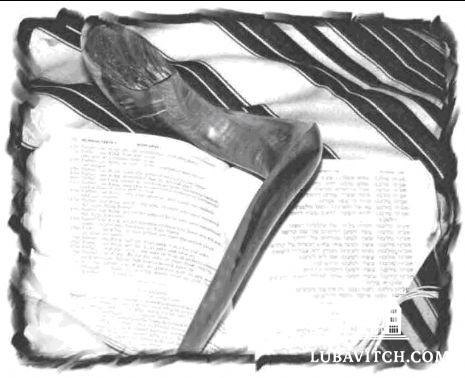Yom Kippur, the holiest day of the year, is described as Shabbat Shabbaton, the Sabbath of all Sabbaths.
The experience of sanctity approaches the extreme on this day, when not only do we abstain from work, but from food and drink as well, and for the most part, from engagement with people and life as we know it. With our focus directed upwards, we immerse ourselves in prayer and spiritual introspection for the near 26-hour period, such as is appropriate on Yom Kippur.
It is against this backdrop that Reb Schneur Zalman, the founder of Chabad Chasidism, himself a mystic, a towering mind, and a tzaddik, stunned his congregation one Yom Kippur morning, when he removed his tallit and his kittel during the services, and left the synagogue.
Word had come to Reb Schneur Zalman of a woman living on the outskirts of town who had just given birth, but had no one to help her. The Rebbe made his way there, cut wood, carried it into her home, made a fire and cooked soup for her.
When later asked why he did not send a shliach, an emissary to do such menial tasks as chopping wood, building a fire and cooking, Reb Schneur Zalman replied that the opportunity to save a life is a privilege, a mitzvah that he should fulfill with his own hands.
Even on Yom Kippur, then, when dressed in white, avoiding food and physical activity, we mimic the angels and stand in the presence of G-d, we are not free to forget the basic needs of our fellow human beings. Perhaps the message here is that there is no better way to prepare ourselves to pray for the fulfillment of our own needs, than by hearing, and answering the call of another.
To contribute to the work of Chabad-Lubavitch in honor of the New Year, click here.
May all of our prayers be answered this year. Gmar Chatima Tova.

Be the first to write a comment.